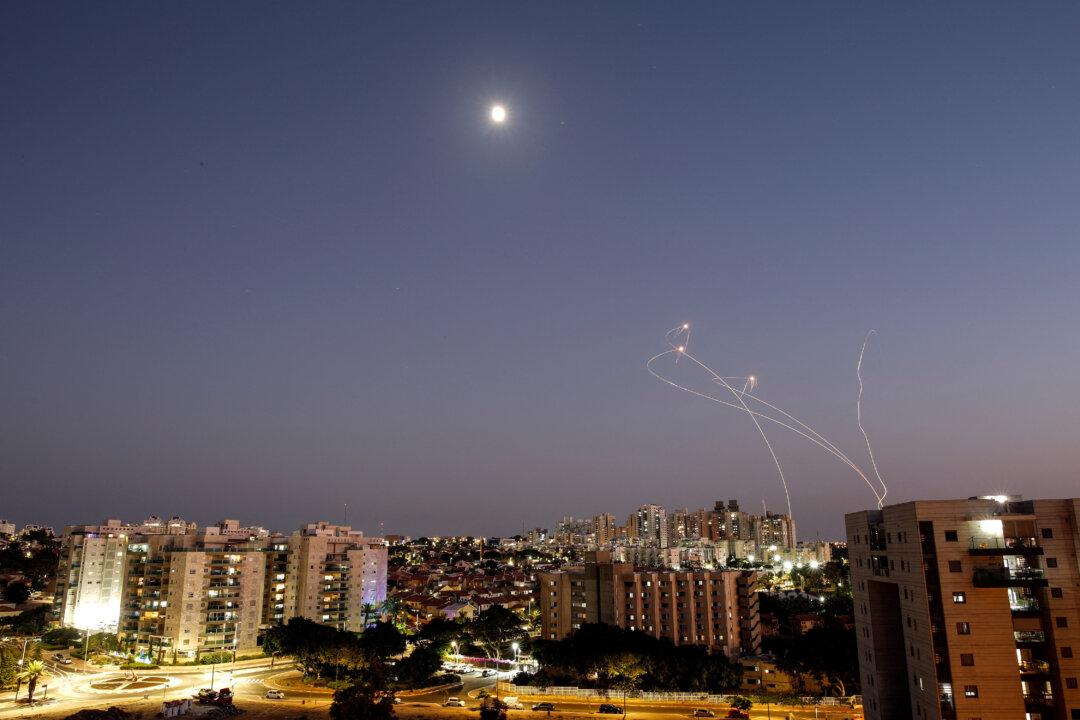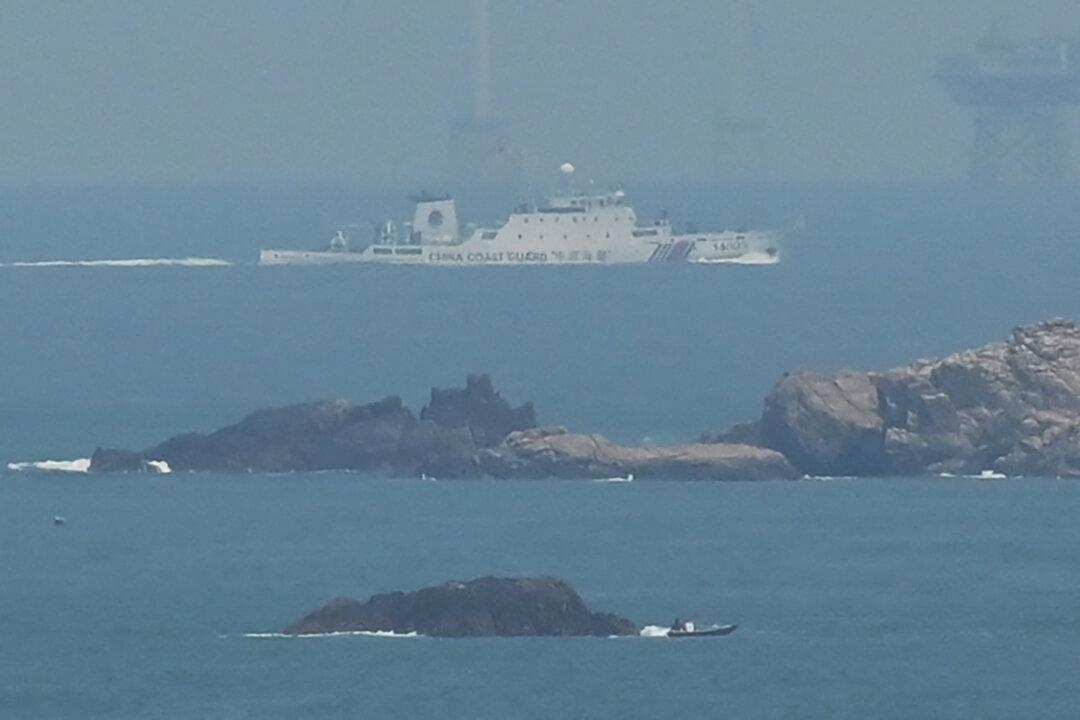Commentary
In Israel’s next war, it could face a perfect storm with Iran attacking it from the east, Hamas in Gaza from the south, Hezbollah in Lebanon from the north, and an insurrection from within by Israel’s large Arab population. Israel’s civilian casualties could be immense as tens of thousands of missiles rain down on it, overwhelming defensive systems such as Israel’s much-vaunted Iron Dome.






